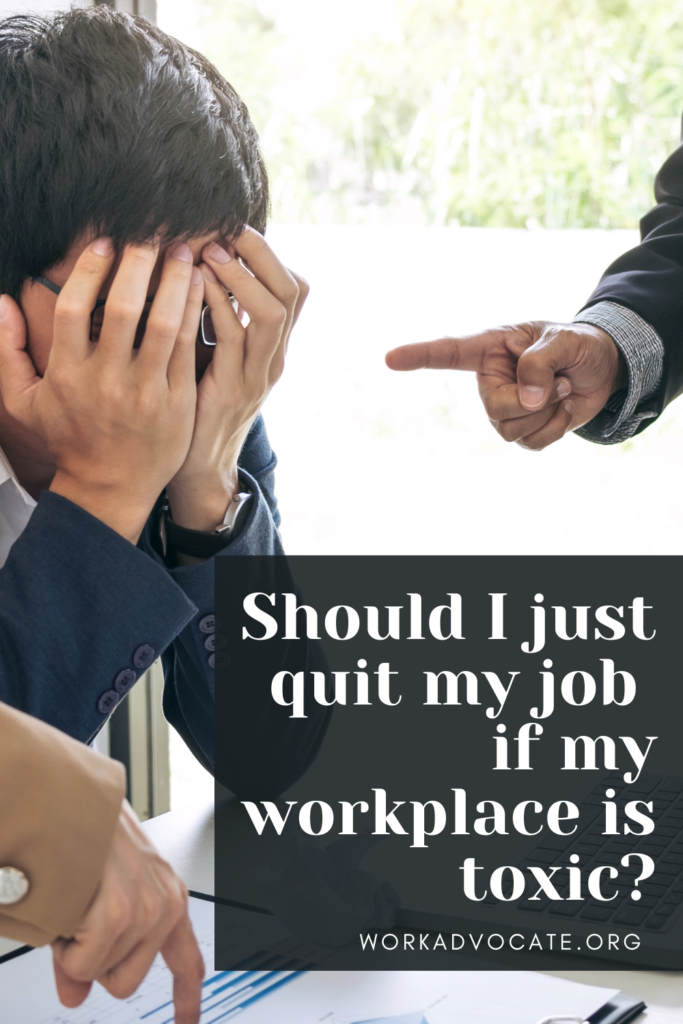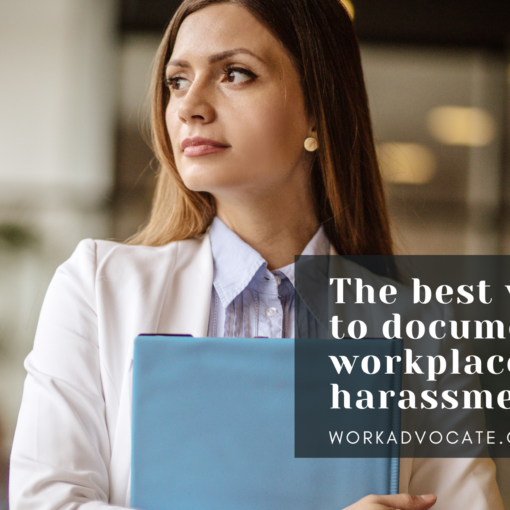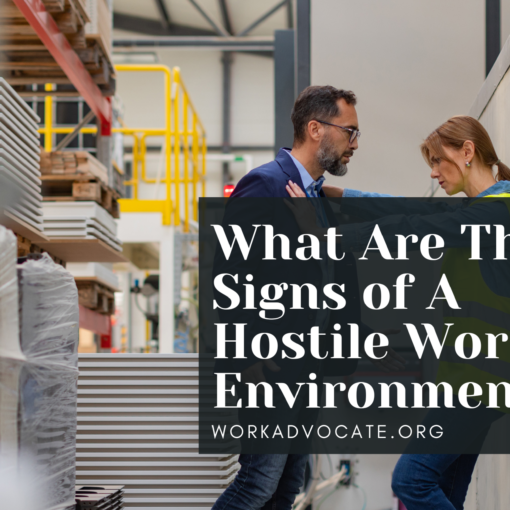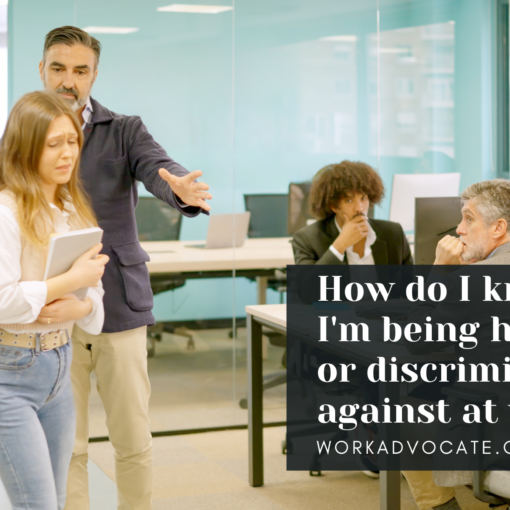
Working in a toxic environment can take a severe toll on your mental, emotional, and physical health. But, quitting an toxic job is a tough decision.
If you’re facing harassment, discrimination, or a pervasive negative culture, it’s natural to question whether quitting is the best solution.
This post will help you weigh your options, assess the risks and benefits of leaving, and guide you through the process if you decide to quit.
When is it Time to Quit a Toxic Job?
Leaving a job is a significant decision, and it’s important to consider all your options before taking that step. Here are some signs that it may be time to walk away:
- Your health is suffering: If the stress and negativity of your workplace are causing physical or mental health problems, it’s a major red flag.
- Your efforts to improve the situation have failed: If you’ve tried reporting the issue, talking to HR, or confronting the harasser, and nothing has changed, it may be time to move on.
- The toxicity is pervasive: If the negativity is widespread and deeply ingrained in the company culture, it might be impossible to change.
- You have other options: If you have financial security or another job offer lined up, it may be easier to make the transition.
Benefits of Quitting :
- Improved mental and physical health: Removing yourself from a toxic environment can significantly improve your well-being.
- Reduced stress and anxiety: No longer having to deal with daily negativity can lead to a more peaceful and fulfilling life.
- Opportunity for new beginnings: Leaving a toxic job can open doors to new opportunities and career paths.
- Empowerment: Taking control of your situation and choosing to leave can be a powerful act of self-care and self-respect.
Risks of Quitting :
- Financial insecurity: If you don’t have another job lined up, quitting can lead to financial strain.
- Gap in employment history: A gap in your resume can raise questions from potential employers.
- Potential legal challenges: If you’re considering legal action against your employer, quitting may impact your case.
How to Quit A Toxic Job:
- Prepare: Update your resume, start networking, and explore new job opportunities.
- Document everything: Keep detailed records of any harassment, discrimination, or unethical behavior you’ve experienced.
- Give notice: Provide your employer with the required notice (typically two weeks) and a brief, professional resignation letter.
- Exit interview: Consider participating in an exit interview to voice your concerns and potentially help improve the workplace for others.
- Protect your rights: If you believe you have a legal claim, consult with an attorney before resigning.
ACTION: If you’re struggling with a toxic workplace, download our guide, The Hostile Workplace Defender, for more resources and support
Conclusion:
Quitting a toxic job is a personal decision that requires careful consideration. Weigh the risks and benefits, assess your options, and prioritize your well-being. Remember, you deserve to work in an environment where you feel safe, respected, and valued.
Related Posts:
Is My Workplace Truly Toxic, Or Am I Just Being Too Sensitive?
What if I’m Afraid of Retaliation for Reporting Harassment?
Can I Record Conversations or Take Photos as Evidence?
*Disclaimer
The information provided on this website does not, and is not intended to, constitute legal advice; instead, all information, content, and materials available on this site are for general informational purposes only.
Readers of this website should contact their attorney to obtain advice with respect to any particular legal matter.
Information on this website may not constitute the most up-to-date legal or other information. This website contains links to other third-party websites. Such links are only for the convenience of the reader, user or browser; the ABA and its members do not recommend or endorse the contents of the third-party sites.




